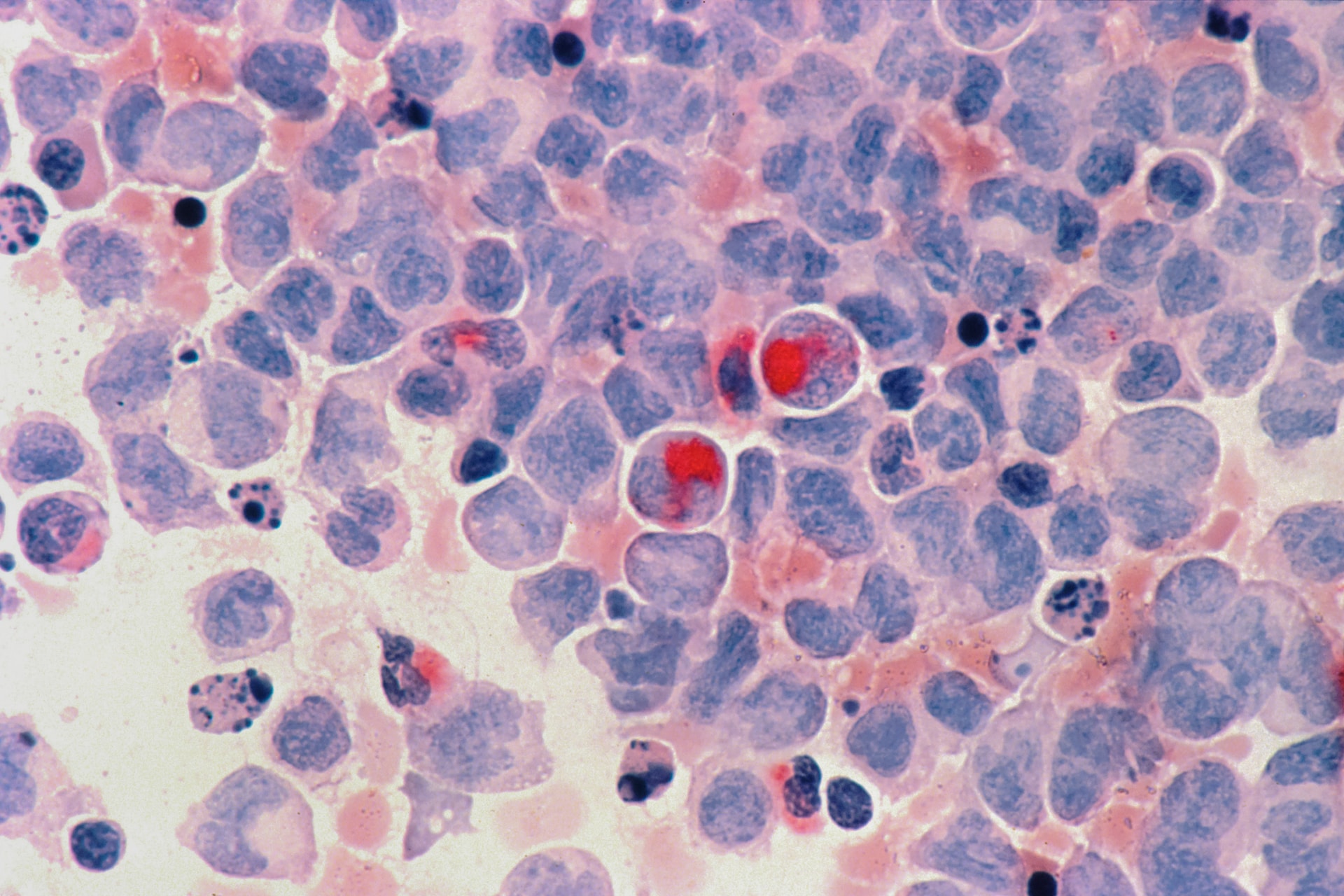The Immune System and Nutrition
Your immune system is a complex network of cells, tissues, and organs that work together to protect your body from harmful invaders, such as bacteria, viruses, and toxins. Proper nutrition plays a critical role in ensuring this system functions optimally.
1. Focus on Nutrient-Rich Foods
A diet rich in vitamins, minerals, and antioxidants is essential for immune health. Key nutrients include:
- Vitamin C: Found in citrus fruits, strawberries, and bell peppers, vitamin C helps build and maintain immune cells.
- Vitamin D: Sources include sunlight, fortified foods, and fatty fish. Vitamin D supports immune cell function.
- Vitamin E: Nuts, seeds, and spinach are good sources. Vitamin E acts as an antioxidant, protecting immune cells from damage.
- Zinc: Found in meat, nuts, and beans, zinc helps immune cells function properly.
2. Incorporate Lean Protein
Protein is essential for the production of antibodies and immune system signaling molecules. Include lean sources like poultry, fish, beans, and tofu in your diet.
3. Eat Probiotic-Rich Foods
Probiotics, found in yogurt, kefir, and fermented foods, promote the growth of beneficial gut bacteria. A healthy gut microbiome is linked to a robust immune system.
4. Hydrate Adequately
Staying well-hydrated supports all bodily functions, including the immune system. Water helps transport nutrients to immune cells and remove waste products.
5. Include Immune-Boosting Herbs and Spices
Garlic, ginger, turmeric, and echinacea are known for their immune-enhancing properties. Incorporate them into your meals for added benefits.
6. Limit Sugar and Processed Foods
Excessive sugar and processed foods can weaken the immune system. They may promote inflammation and disrupt the balance of gut bacteria.
7. Maintain a Balanced Diet
Variety is key. A well-balanced diet ensures you receive a wide range of nutrients. Include a colorful array of fruits and vegetables in your meals.
8. Practice Moderation
Overeating, even healthy foods, can strain your immune system. Portion control is important for maintaining a healthy weight and overall health.
9. Prioritize Sleep and Manage Stress
In addition to diet, focus on other lifestyle factors like getting enough sleep and managing stress. Chronic stress and lack of sleep can weaken immune function.
10. Stay Hygienic
Good eating habits also include food safety practices. Wash your hands and food thoroughly to avoid foodborne illnesses that can weaken the immune system.
Conclusion
Healthy eating habits are a cornerstone of a strong immune system. By nourishing your body with the right nutrients, you empower your immune system to perform at its best. Remember, it’s not just about a single meal; it’s a lifelong commitment to providing your body with the tools it needs to defend against illness. So, choose your foods wisely, stay hydrated, and support your immune system on its mission to keep you healthy and thriving.






